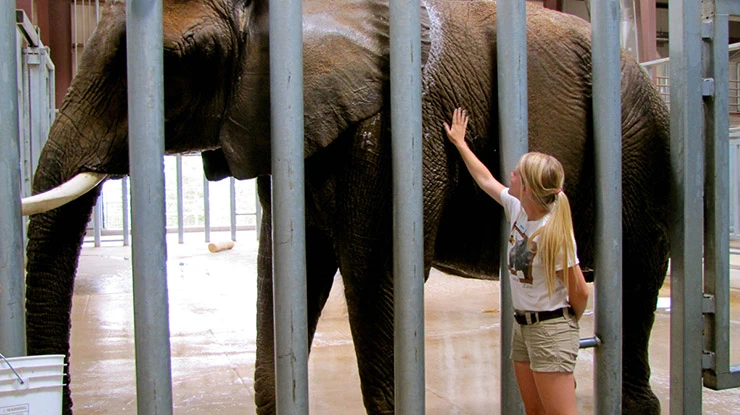
A zoology degree provides students with an integrative study of animal biology across all levels of biological organization – from genes all the way up to entire ecosystems. Students also learn about the physiology, behavior, development, distribution and evolution of animals. Undergraduate students at Michigan State University can choose to pursue a zoology degree for the completion of either a Bachelor of Arts or a Bachelor of Science.
The Bachelor of Arts in zoology is for students who wish to combine study in zoology with a significant amount of course work outside the sciences. It is also intended for students who wish to prepare for careers in the applications of science to such fields as public policy, law, business and communications. The Bachelor of Arts in zoology requires more humanities and social science credits than a Bachelor of Science in zoology.
The Bachelor of Science in zoology is for students who seek professional employment in animal biology or admission to graduate programs in animal biology or health-related professional schools. The degree contains core courses in biology, chemistry, physics, calculus and statistics.
Students pursuing a Bachelor of Science will choose one or more of the following concentrations encompassing several branches of modern zoology. Concentration options include:
- Animal behavior and neurobiology
- Ecology, evolution and organismal biology
- Marine biology
- Zoo and aquarium science
Bachelor of Science students can also choose to complete this major through Lyman Briggs College.
ALUMNI PURSUITS
Graduates with a degree in zoology pursue careers in a range of industries, excelling in jobs that demand deep knowledge of animal biology, research and ecology.
Alumni work at:
- Conservation agencies
- Federal, state and local agencies
- High schools and middle schools
- Museums
- Research laboratories
- Wildlife management and preveterinary fields
- Zoos and aquariums
Alumni work as:
- Animal caretakers
- Biology assistants
- Computer specialists
- Cytogenetic technicians
- High school and middle school teachers
- Park naturalists
- Museum collections managers